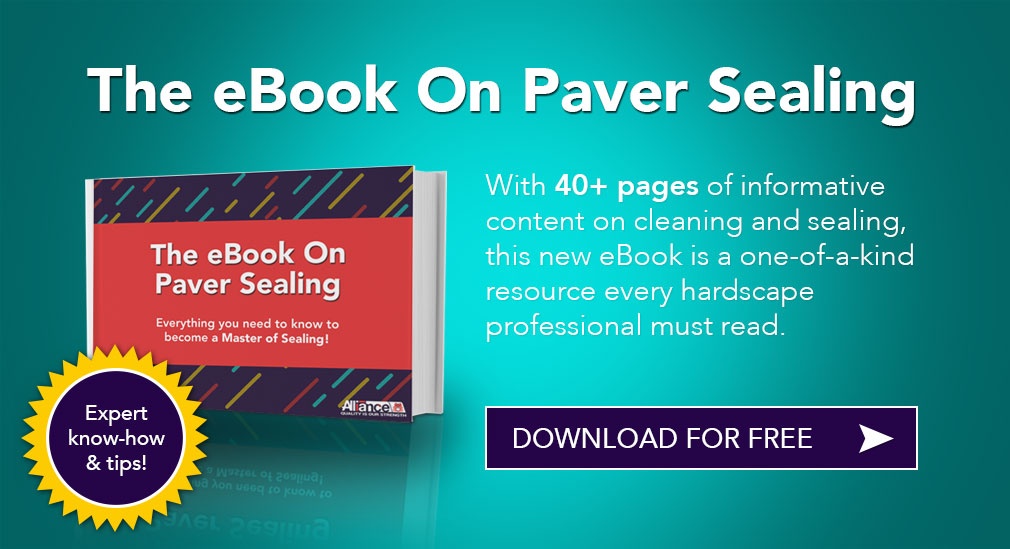WHAT KIND OF TIP TO USE WHEN SPRAYING SEALER
Our Technical Support Team put together their recommendations for what kind of nozzle tips to use when spraying sealer. Hear what they have to say in this latest blog post!
Photo Credit: HGTV 55 Patio Bars + Outdoor Dining Ideas Gallery
If you followed our Summer Sealer Series, you might remember us saying the best technique for applying sealer is to first use a HVLP (High Volume Low Pressure) sprayer and then follow up by using a roller to even out the coating. The sprayer brand we recommend is Chapin, however, any sprayer that can handle materials that are high in solids content will work.
According to Hulton Tool, Chapin “is well-known amongst concrete and hardscape professionals for reliability, performance, and a longstanding reputation to perform.”
Several different models of Chapin sprayers are available on the market so no matter what the application, you have options! When it comes to spraying sealer, Craig Makinson, our Technical Support Manager in Quebec, likes the Chapin 1949 or the Chapin Xtreme 19049. These models come with two nozzle sizes, both providing fan-shaped sprays:
- .5 gallon/minute
- 1 gallon/minute
Craig notes, “using a nozzle that’s too small can ruin the look of your sealed surface. It’s critical to choose the appropriate size nozzle for the product you’re using. If you’re unsure, verify what the manufacturer of the sealer recommends!”
The Alliance Technical Support Team recommends the following nozzle sizes for our most popular sealers:
- Wet Look Sealer = either .5 or 1 gallon/minute
- Satin Look Sealer = .5 gallon/minute
- Hybrid or Signature Series Water-based Sealers = 1 gallon/minute
“A plastic sprayer should be used for water-based sealers as these products are corrosive and not compatible with metal over the long-term,” explains Craig.
When using a sprayer for the first time, it may be helpful to fill it up with water and spray your driveway or parking lot to get used to the spray pattern and speed at which you will need to move the wand. Just make sure to dry it out completely if you're using a solvent-based sealer afterward!
One final tip from the pros: ideally you should spray sealer at pressures below 100-100 lbs/sq in.
For more sealer education, be sure to download our new eBook On Paver Sealing!
Looking for a fast and easy online resource that covers all of your questions about sealing concrete pavers? Click here!

